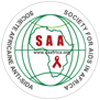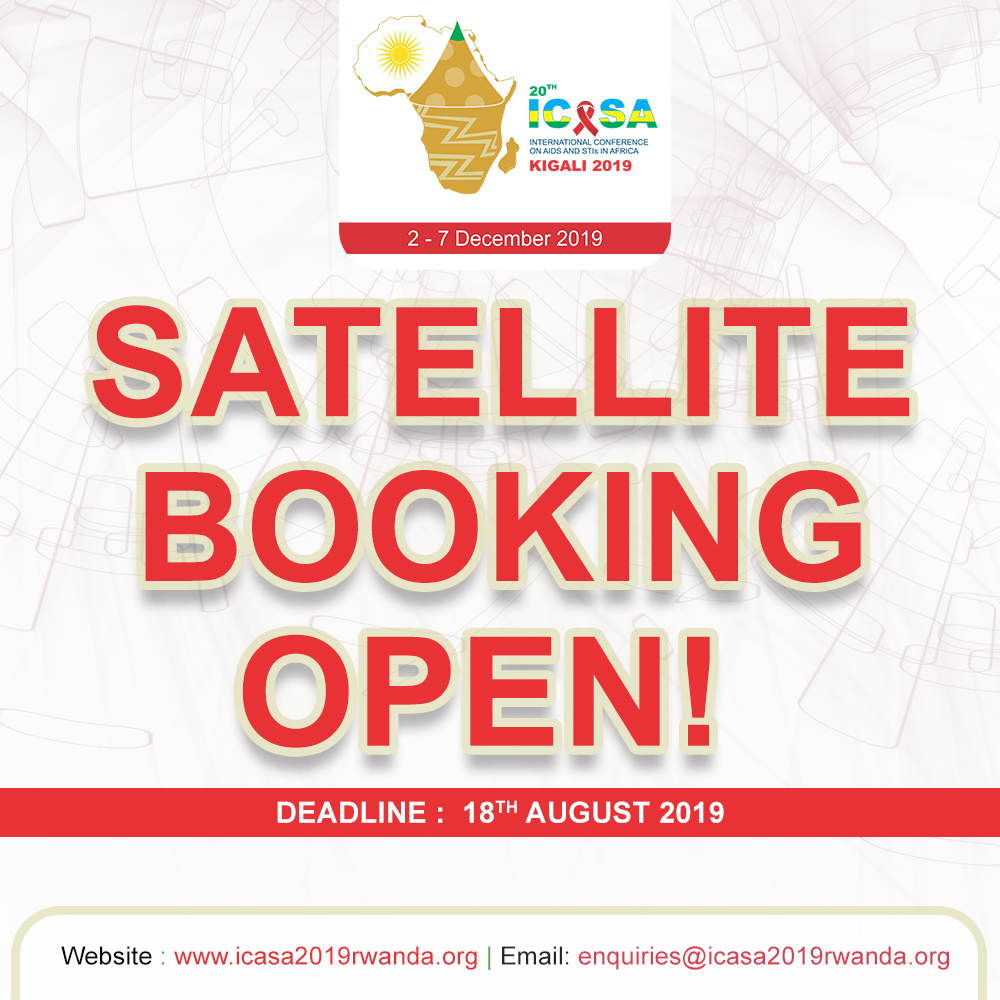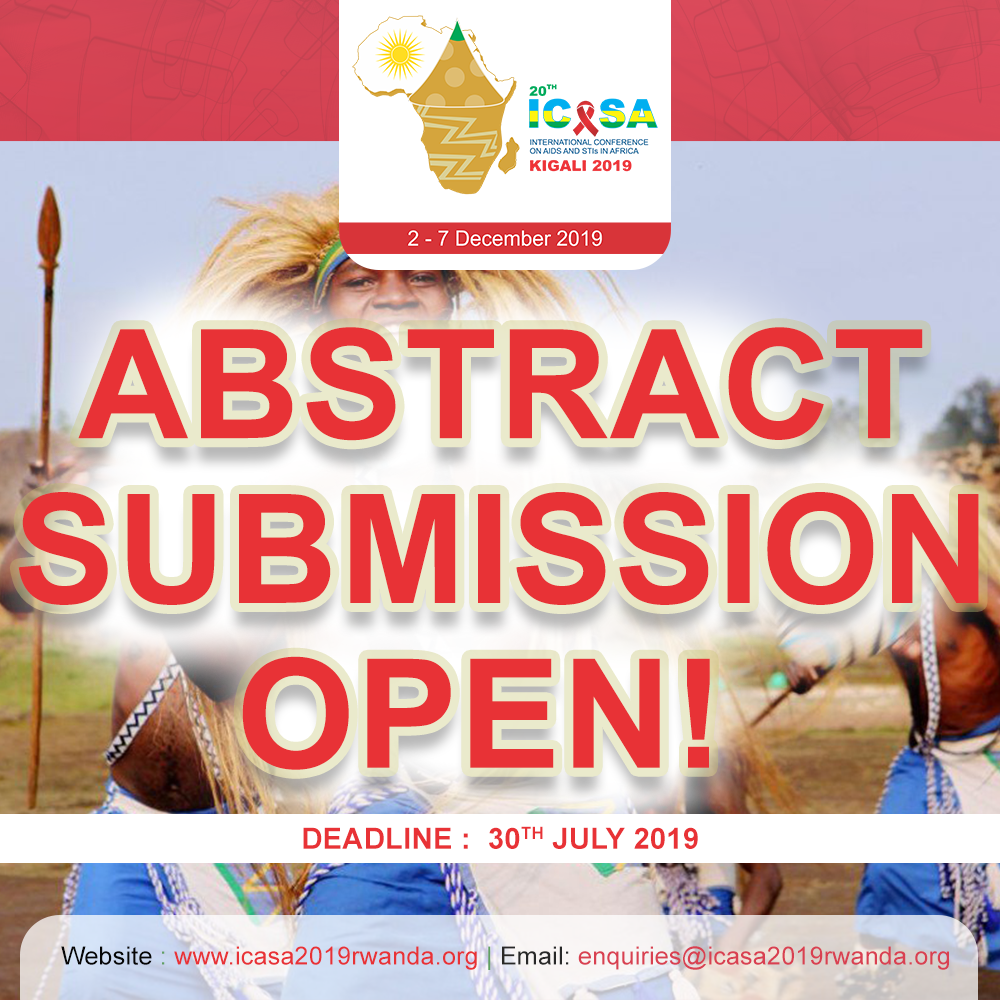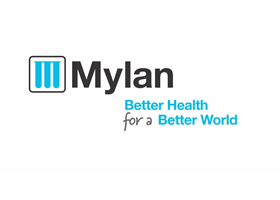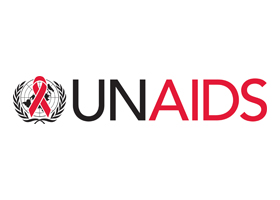Time: 10:45 – 12:15
Venue: MH3
The session had three speakers namely Morenike Ukpong, Olive Mumba and Susan Hills.
Morenike Ukpong: She highlighted the need for civil society organisations to recognise their space as the forth arm of government. They therefore should not cow when asking for a space on the table. Rather, they should occupy the space in leadership as people-elected with the aim to implement a people centred agenda. A people centred agenda requires that they respect and nurture diversity, ensure representation, transparency and promote consultation for appropriate representation of their community. The good of the collective should be a working philosophy. For leaders who work for prevention, the lack of a sense of urgency makes the field less fierce and demanding. This needs to be recognised, therefore requiring innovation to lead in this space. The leaders in this space also need to prevent any efforts at streamlining our diversity. Rather, leaders need to recognise the possibility for this, nurture it and protect the diversity. Finally she raised concerns about civil society loosing site of their key role of protecting the lost 10-10-10 as the work chases the 90-90-90 targets.
Oliver Mumba: She identified what it means to be an effective leader. This includes not been competitive with other leaders, synergising actions with others to promote complementarity, building others especially adolescents and young ones, speak with evidence, and strengthen the community systems. She noted that the period of speaking up for others is past – we need to nurture communities to speak for themselves through effective and meaningful engagement of the most vulnerable. Leaders cannot afford to be corrupt: they need to protect the civil society space from illicit use of resources. They also cannot afford to be quiet on issues that are pertinent to the good of the community they represent. They should uphold the rights of other and should advocate for change – they should not take leadership for granted.
Susan Hill of PEPFAR identified the significant roles communities can play in reaching the 90-90-90. She shared examples of faith-based organisations using different strategies to achieve the different levels of the 90-90-90. These include using the premises of faith organisations to provide services, and engaging faith based personnel to implement supportive treatment programs. She emphasised that the capacity gap for persons working directly with the community is the reason why there is harm being done like healing of persons living with HIV. They sincerely do not want to do harm. They truly want to help but the help they can offer is limited by the knowledge they have.


